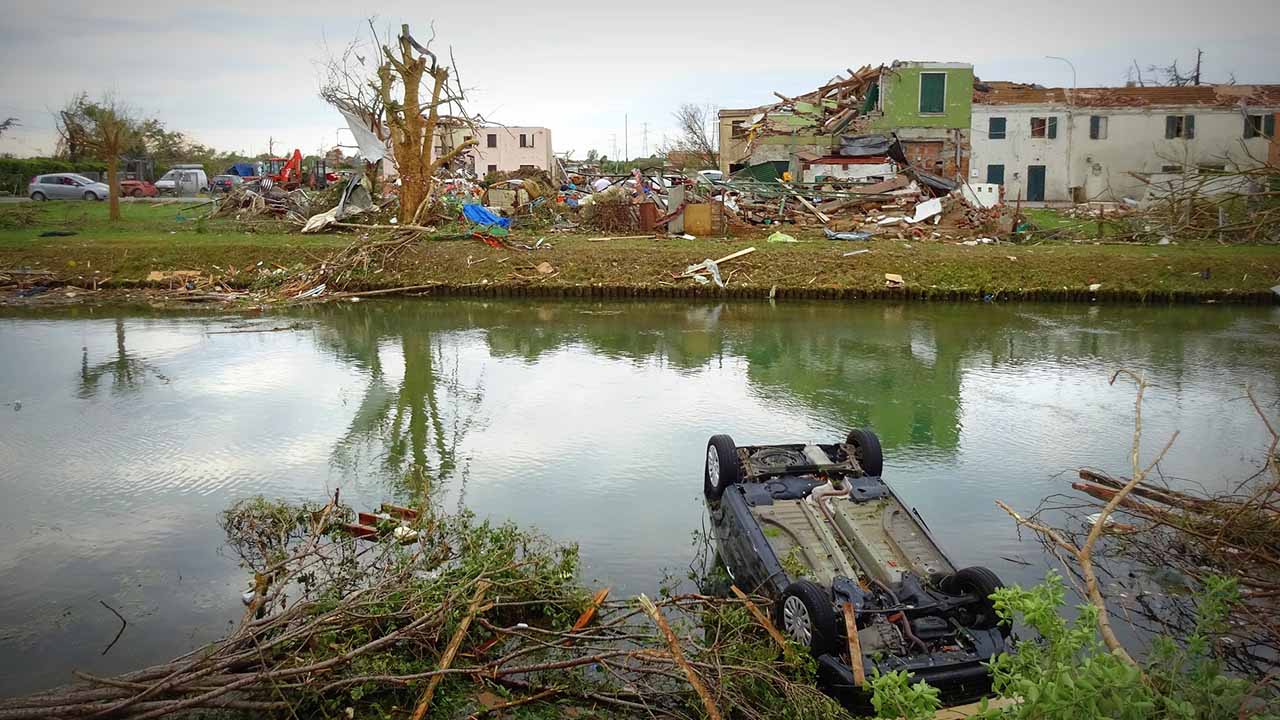The impacts of climate change are already visible and happening worldwide, said the head of the UN weather agency at the start of the 55th Session of the UN’s Intergovernmental Panel on Climate Change (IPCC) on Monday.
The meeting opened to approve the report of the second IPCC Working Group focusing on impacts, adaptation and vulnerability to climate change, which will be added to the Sixth Assessment Report later this month.
The report of the first IPCC Working Group, which focussed on the physical science of climate change, influenced the work of the UN Climate Conference in Glasgow, COP26, last year.
World Meteorological Organization (WMO) Secretary-General Petteri Taalas noted that some areas of the world such as tropical latitudes and developing countries, especially in Africa, Southern Asia and the Pacific islands, are particularly vulnerable to climate change.
Last year, WMO published a report on disaster statistics, which demonstrated that for the past 50 years, 4.5 billion people have experienced a major weather-related disaster over the past 20 years. While there has been a drop in casualties due to improved early warning services, dramatic increases in economic losses have occurred.
Despite COP26 being the second most successful conference after Paris, Petteri Taalas observed that the 1.5°C target is “barely alive”. Citing a growing trend of rising sea levels, glaciers melting and continuing disasters, he underscored the importance of adaptation.
“Climate change impacts are related to economy, food security, infrastructure, the biosphere and health”, he said. “We have to adapt to climate change. That means droughts, flooding, tropical storms, heatwaves, water shortages, coastal inundation”.
Explaining that “major gaps” in African countries and Caribbean islands are obstacles for climate adaptation, Taalas said that WMO is focussing attention on Multi-hazard Early Warning services to forecast the impacts of disasters. He drew attention to a new financing mechanism to enhance observation systems, new water and climate coalition that pays attention to water shortages and an enhanced partnership with the UN Disaster Risk Reduction Office (UNDRR) to form “a centre of excellence on climate change and disasters”.
“We are working together with financing institutions like World Bank, European Union, UNDP, Green Climate Fund, to allocate more finance to early warning services”, stated the WMO chief.





























